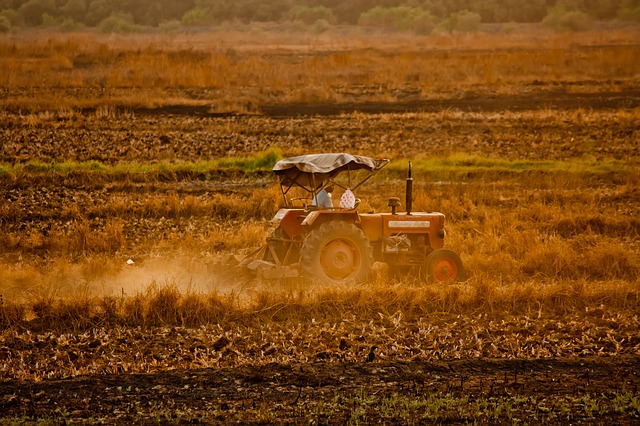Using social media to promote a farm is similar to using social media to promote any business. Farmers may actually have an advantage over other businesses on social media because their story is so compelling. After all, who doesn’t want to know who is growing their food – especially in today’s marketplace where people are becoming more particular about what types of foods they purchase. What’s more, by connecting with farmers on social media consumers are able to engage with the people who grow their food. Farmers can capitalize on this trend and make the most of their social interactions by keeping the following points in mind:
- Your followers want to know about your life on the farm. What may seem like mundane details to you are just the things they want to learn more about. Further, if your audience doesn’t learn about life on the farm from you, they will have to learn it from other – often inaccurate – sources that might have their own anti-agriculture agenda.
- Social media is one of the only places where you can connect, mingle, and allow your customers to get to know you personally – without ever leaving the farm.
- Make sure you showcase your own personality and let your voice be heard. People engage farmers on social media because they want to know more about how farmers live and work. This is your chance to let them know!
- Engage with your audience. If a person has never stepped foot on a farm they are going to have a lot of questions. Be there to answer those questions and you will build lasting relationships. On the flip side, you can ask some questions of your own to find out how you can better connect with current and potential customers.
- Social media helps you to get the word out about your farm. While social media takes time, skill, and some writing savvy, it is also relatively cheap when compared to traditional forms of marketing. Social media has correctly been referred to as the new word-of-mouth advertising. Don’t miss out on this opportunity to let people know who you are and what you can do for them.
Thankfully, most farmers already are on some type of social media. The key is to find compelling and effective ways to use social media to tell the story of your farm and your life. While it may seem challenging, most farmers know how to meet a challenge head-on!
Marketing to farmers and ranchers takes more than just securing mailing lists or agriculture leads. Those who really want to engage farmers need to use both online and offline marketing techniques to do so. However, depending on what you are trying to sell or to market it’s important you understand how farmers live, work, and use their purchase power.
As with any marketing segment, it is important to really get to know your customers before you can try to sell them something. And the worst thing you can ever do is to make assumptions about what a customer needs or wants. So if you are newbie to marketing to farmers and ranchers, or even a seasoned professional, it pays to brush up on your facts about farmers, ranchers, and other agricultural managers. Here is some information you should know before you make that first contact:
- In 2010, there were a little more than one million farmers, ranchers, and agricultural managers. Almost 80 percent of these were self-employed.
- American farmers and ranchers produce food to feed the nation and they also export to other countries. They must do this while contending with a variety of unknowns, from weather to price fluctuations.
- Crops are mostly sold to food processing companies but more and more farmers are selling their goods directly to consumers.
- Farmers also are business managers. They must oversee crop production, purchasing supplies, and maintain buildings and equipment. They also are in charge of keeping financial records.
- Farmers and ranchers must be part salesman in order to effectively market their livestock and crops.
- While in the past most farmers had only a high school education, bachelor’s degrees in agriculture or related fields such as agricultural economics are becoming more and more common as farming becomes increasingly complex.
- The median annual salary of farmers and ranchers is just over $60,000. Incomes can vary widely from year to year because of the many outside factors that affect farm production. Small farm operations are often run by a farmer who also holds an additional full-time job away from the farm.
Farming is like every other industry in that it is ever-evolving and its dependence on technology continues to grow. If marketers expect to effectively market to farmers and ranchers, it will mean keeping up on the many challenges that farmers and ranchers continue to face.



